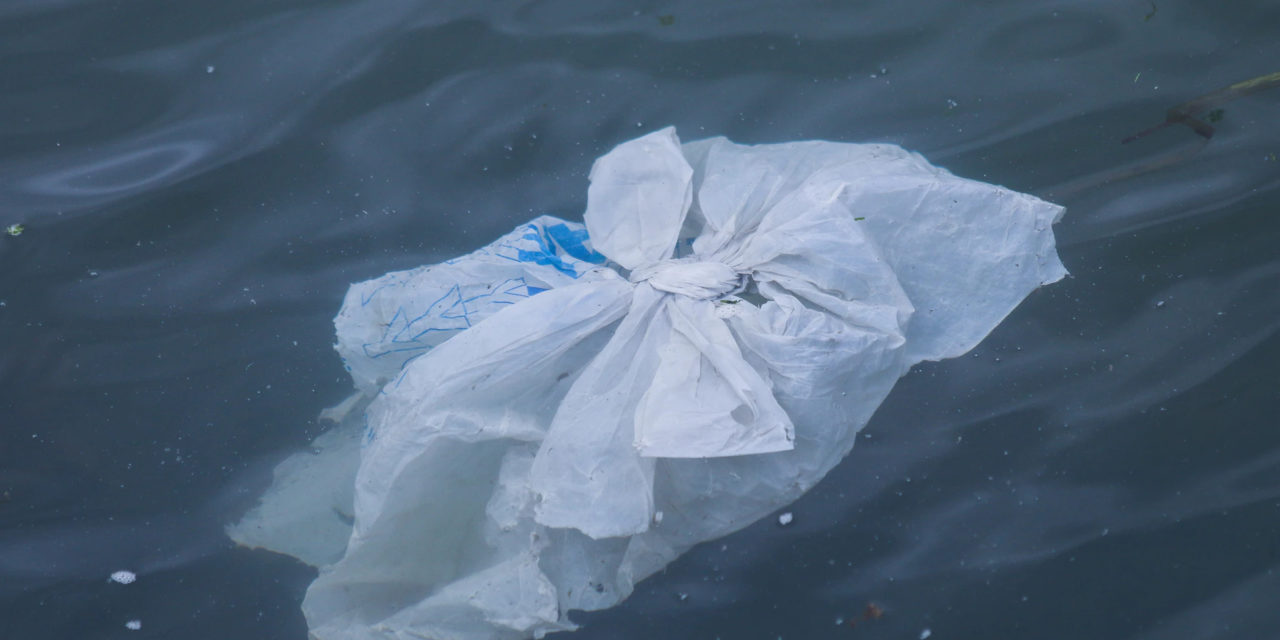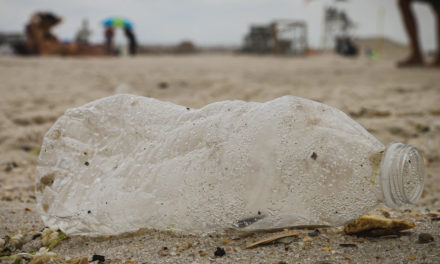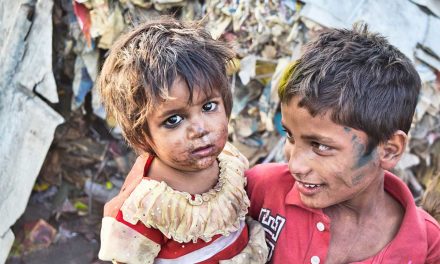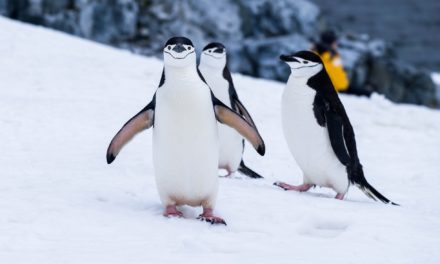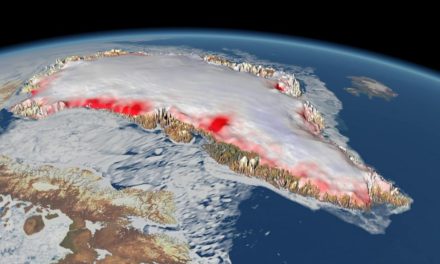A new study conducted by researchers off the coast of Hawaii reveals a dire future for our marine life credited to the high level of plastic polluting the ocean.
Originally, researchers were only focused on studying the habitat of larval fish along with their eating habits during early development. Scientists believed that surface slicks, which are slivers of ocean where large amounts of plankton are found, were especially important habitats for hatchlings.
When they tested their theory, scientists were met with a shocking reality: the same habitat vital for the development of baby fish was also a gathering place for miniscule plastic particles. These particles were mixing with critical sources of food for the baby fishes and not only threatening their survival but potentially contributing to the destruction of delicate food webs that support both humans and animals. Worryingly, researchers found that in these critical feeding habitats, plastic outnumbered baby fish by 7-1.
With further inspection, it was revealed that particles of plastic were 126x more present in slicks than in the surrounding ambient ocean. While there isn’t a clear idea on how the ingestion of plastics affect baby fish, there has been some compelling evidence in the past that show reasons to be concerned. For example, plastic can absorb several types of chemical pollutants and one study revealed that this could be linked with behavioural changes in adult fish.
While the study, published in the journal Proceedings of the National Academy of Sciences, only focuses on one area, researchers believe the study to be a good indication of what may be happening in several other locations due to the global impact of plastic pollution.
Plastic Pollution: The Effects
Since the early 20th century, plastic has played an important role in modern society. From transforming medical care, facilitating space travel to our everyday needs, plastic has quickly become an unavoidable aspect of our daily lives. However, as we began to rely on plastic universally, things took a turn for the worse.
While plastic is cheap and durable, it has immeasurable side effects on the environment that we’re only just beginning to grasp, one of which is how it affects our marine life. Hundreds of species are endlessly affected by plastic in our oceans, whether its sea turtles entangled in hordes of plastic or seabirds dying of starvation due to the large amounts of plastic in their stomach. Plastic pollution can ruin ecosystems and natural habitats and if that doesn’t worry you, then maybe this will: there is already evidence that plastic eventually winds up in the seafood we eat.
But it isn’t just the oceans threatened by plastic pollution. Land-based animals, like elephants, tigers and zebras have equally been affected with some even dying because of it. In fact, the concentration of plastic on land is between 4 to 23x that of the ocean. This poses an extreme threat not only to animals, but to humans and plants alike.
So how does this contribute to climate change? A report published earlier this year by the Center for International Environmental Law found plastic to contribute to greenhouse gases at every stage of its lifecycle, from production to waste management. Another report titled ‘Plastic and Climate: The Hidden Costs of a Plastic Planet’ from this year discovered that the production and incineration of plastic will add 850 million metric tons of greenhouse gases into the atmosphere in 2019 alone. So, it’s safe to say that the time for action is now.
Dominica: A Jewel in the Caribbean
The bottom line is this: plastic isn’t bad, the way we’re using it is. Slowly but surely, the world is catching on to this fact and are desperate to make amends before its too late. In 2002, Bangladesh became the first country to ban plastic bags, and since then many other nations have followed suit.
However, no country has gone as above and beyond as the Caribbean island of Dominica. The Commonwealth nation introduced its ban of single-use plastic containers last year which went into effect in January this year. The island was hailed by the National Geographic for introducing one of the world’s most comprehensive plastic bans, commending Dominica for its concentrated efforts against climate change.
As small islands like Dominica take on large feats, bigger and more developed nations can stand to learn a few things from the Caribbean nation. However, when it comes to plastic pollution, there is only one answer: make and use less plastic.
- This Artist is Making the Underwater Arena His Canvas - 28th April 2021
- A Video Game that Promotes Peace and Conflict Resolution - 15th March 2021
- Netflix’s ‘Living Undocumented’ is a Difficult Series to Watch, and Exactly Why We Should - 9th March 2021

